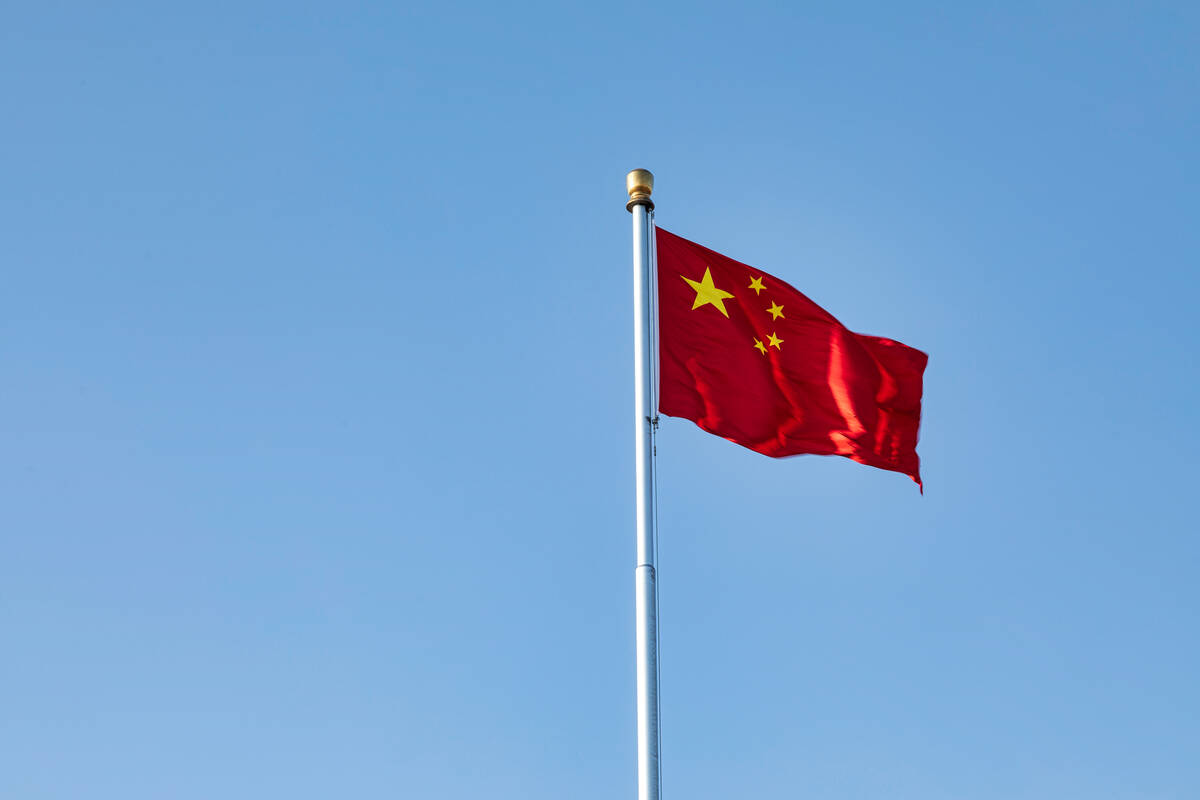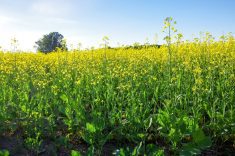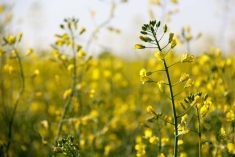The prime ministers of Canada and India have agreed to sort out new and predictable rules governing exports of Canadian pulse crops.
Prime Minister Justin Trudeau, on a state visit this week to India, released a joint statement with India’s Prime Minister Narendra Modi on Friday calling for the two countries to reach a new arrangement on pest-free pulse shipments “within 2018.”
Since Canada’s climate doesn’t allow certain specific pests to survive, its pulse exports to India in recent years have been granted a series of short-term exemptions from India’s standing requirement that deliveries be fumigated with methyl bromide in their country of origin.
Read Also

China suspends some agricultural tariffs on Canada
China said on Friday it would suspend some tariffs on Canadian agricultural products imposed during a trade spat between Beijing and Ottawa, after Prime Minister Mark Carney struck an initial deal with Beijing during a visit in January.
Methyl bromide, long used as a fumigant against pests in agriculture and shipping, is a known ozone-depleting chemical many countries have phased out of use.
Canada and other exporting nations were granted another exemption in early January, this one running through to the end of June.
In Friday’s joint statement, Trudeau and Modi emphasized “transparency and predictability of market access conditions… are key in advancing the food security goals of both countries.”
India and Canada, they said, “will work closely together to finalize an arrangement within 2018 to enable the export of Canadian pulses to India free from pests of quarantine importance, with mutually acceptable technological protocols.”
Chris Chivilo, CEO of Canadian pulse processor W.A. Grain and Pulse Solutions, took part in a CEO panel at a Prime Minister’s Round Table during the visit and hailed the announcement as “an important milestone in pulse trade relations between Canada and India.”
Chivilo, in a release Friday from industry group Pulse Canada, said he addressed the issues of “fumigation, exemption from changes to government policy that result in increased costs for cargo en route to India, and the need for predictability and transparency in changes to government policy impacting pulses.”
The prime ministers, he said, “have recognized the importance of food security and science-based approaches to plant protection policy. We will need to continue this collaboration and finalize solutions that will work for both Canada and India.”
Pulse Canada chair Lee Moats, a Saskatchewan producer, said in the same release it’s “clear to me that we can count on (Trudeau) to be in our corner.”
Neither the prime ministers’ joint statement nor the Pulse Canada release mentioned India’s recent imposition of tariffs on pulse imports, which include a 50 per cent tariff in peas and 30 per cent on lentils and chickpeas, announced in November and December respectively. The chickpea tariff was raised to 40 per cent earlier this month.
Friday’s joint statement also announced the Canadian Food Inspection Agency (CFIA) and India’s Agricultural and Processed Food Products Export Development Authority (APEDA) will keep working closely to “facilitate access” for exports of organic products from India. — AGCanada.com Network















